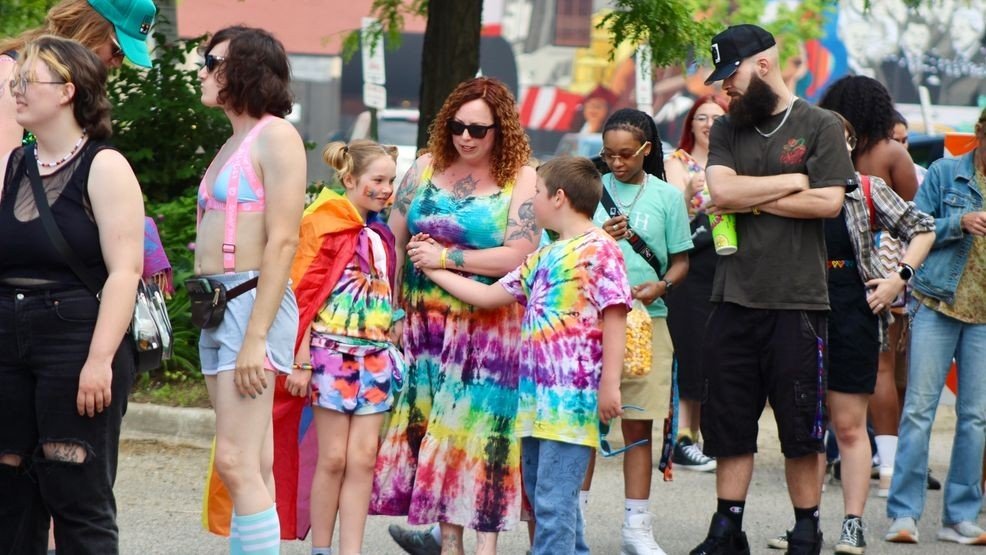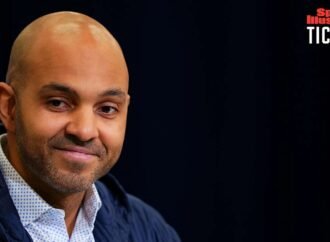LANSING, Mich. — The controversial topic of conversion therapy is back up for debate in Michigan’s capitol. This week several House Republicans introduced House Bill No. 4752 of 2025; a proposal to reinstate conversion therapy as a legal practice that parents and guardians can choose for children in their custody. Conversion therapy, also referred to
LANSING, Mich. — The controversial topic of conversion therapy is back up for debate in Michigan’s capitol.
This week several House Republicans introduced House Bill No. 4752 of 2025; a proposal to reinstate conversion therapy as a legal practice that parents and guardians can choose for children in their custody.
Conversion therapy, also referred to as sexual orientation or gender identity change efforts, is a general term for any method aimed at conforming a person’s sexual orientation or identity, especially in regard to LGBTQ+ minors.
The latest proposal would repeal the law enacted two years ago by Governor Whitmer, which banned parents, therapists, or other medical providers from putting children through conversion therapy. At least twenty other states have also put bans on the practice.
Representative Joshua Schriver, a sponsor of the bill, referred to the 2023 ban as an “anti-Christ law,” which he said violates both constitutional and God-given rights.
Schriver also wrote in a newsletter regarding the proposal that it respects individual conscience and rejects “coercion” in medicine and business.
Opponents of the bill, however, argue that conversion therapy is a violation of rights and humanity.
Jay Maddock, former executive director of OutFront Kalamazoo and now a mental health counselor with Radical Health Wellness, shared some of the detrimental effects of conversion therapy.
“I have friends who have experienced conversion therapy and have shared personally the harm that it has caused on the self-hatred, the suicidal ideation that came from it, the depression that came from it and how many years and how much other extensive therapy they had to find and get treated for [them] to be able to find a way back to loving themselves and back to feeling confident in who they were and recovering from the trauma… that their experience in conversion therapy was,” said Maddock.
Maddock told News Channel 3 that both medical and mental health researchers and professional organizations have long opposed conversion therapy, as “ineffective at best, and harmful at worst.”
“Conversion therapy has shown repeatedly time and time again to cause harm,” said Maddock. “I think that it is important, particularly in these times, that we continue to respect and and lean into the professionals that have had the training, who’ve had the education, who know the research and trust them when they say what is effective and what is not.”
Evidence-based modalities such as cognitive behavior therapy and humanistic approaches are most proven to help, according to Maddock.
Proponents of the bill argue that it is a significant step toward not only restoring respect for religious liberty, but also protecting the doctors and counselors who currently face career-ending consequences for providing what they consider ‘faith-informed guidance.’
The bill has been introduced to the House floor and, if it passes, will next move to the Senate.
 Internet Connectz
Internet Connectz 












